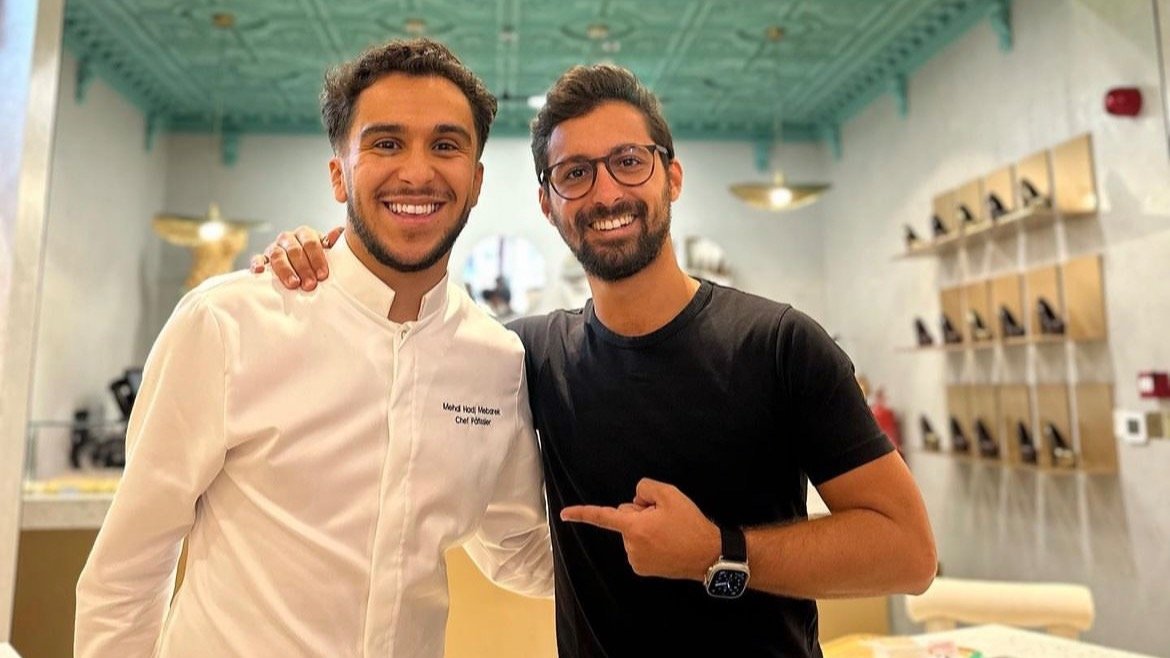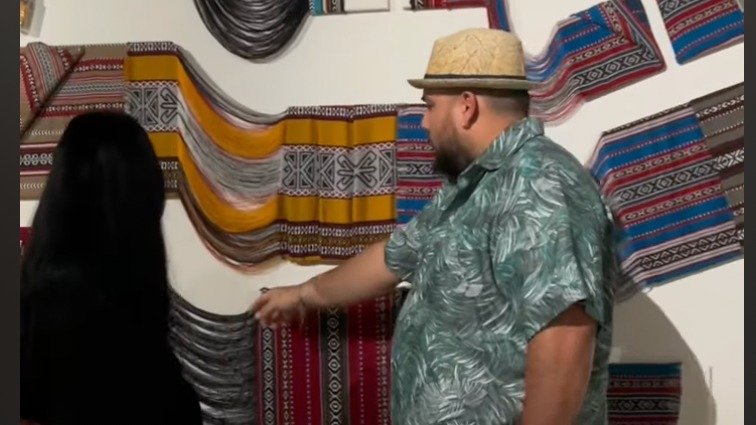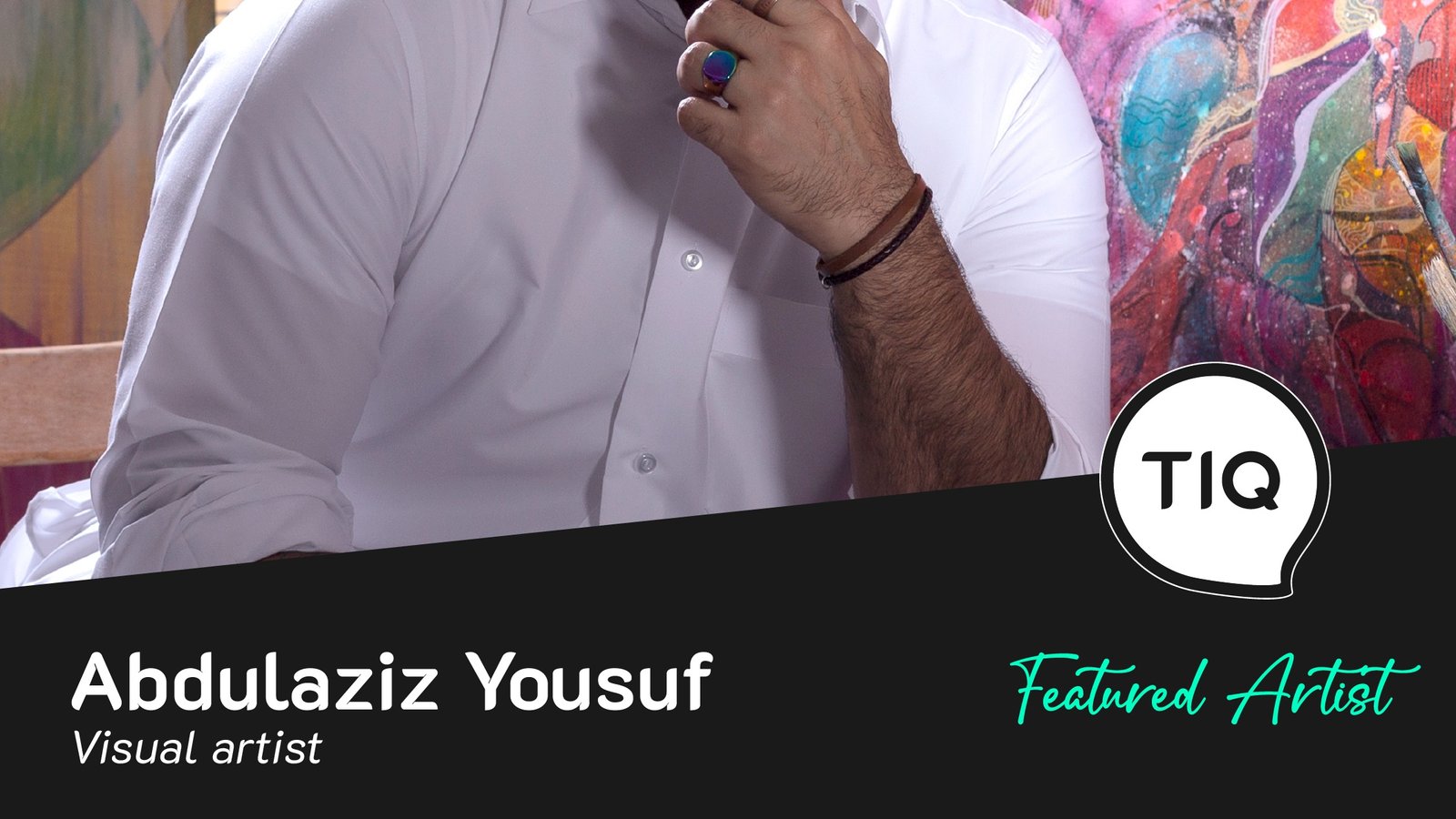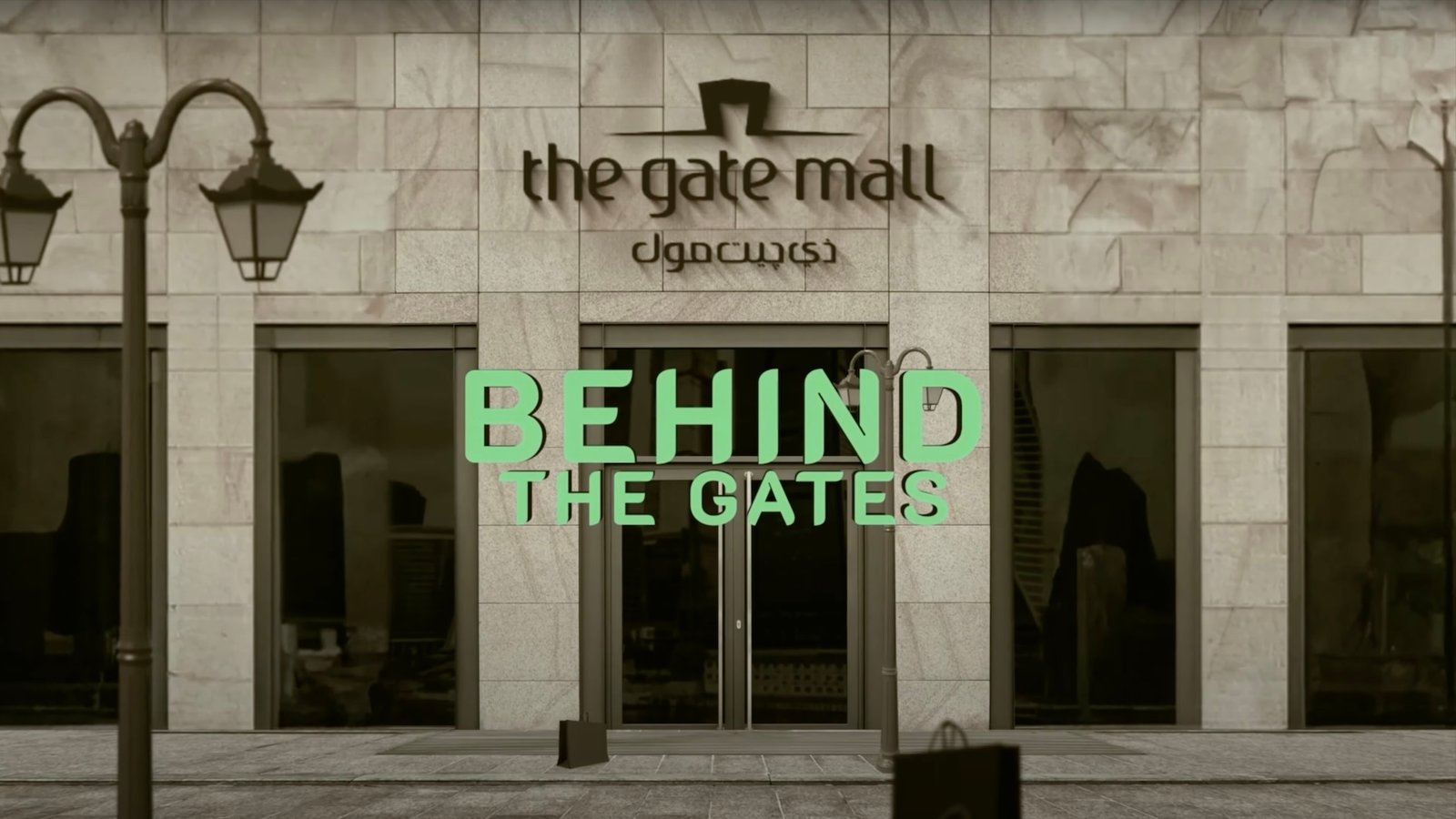Hoops for All Basketball Camp: A FIBA Foundation Initiative Led by...
Abdulrahim Ashraf Abuissa, a FIBA Youth Leader and FIBA Foundation Basketball...
Dec 16, 2024
QF professor explores why the Israeli message domi
Elisabeta Kadrija, Nov 01, 2023
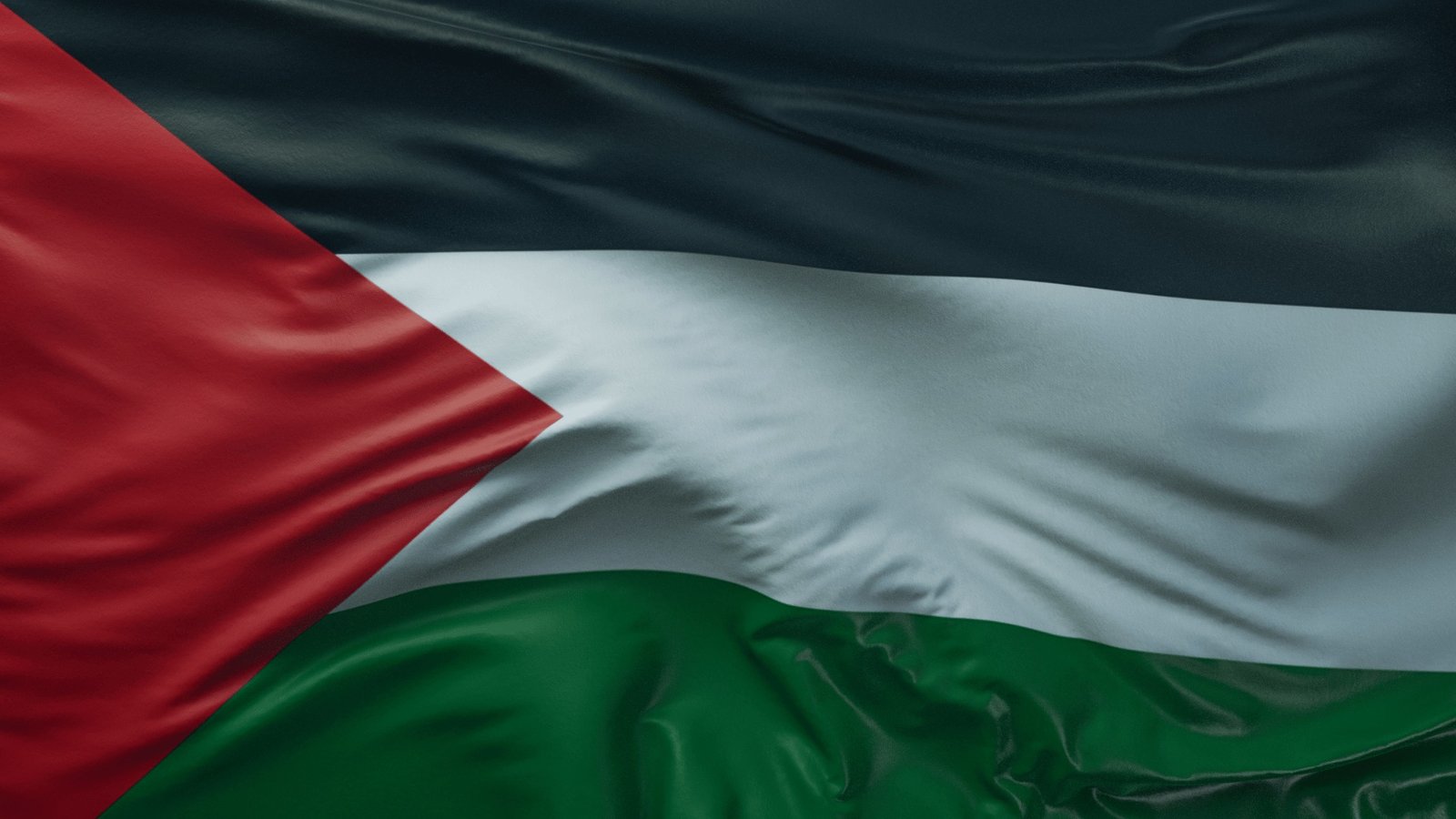
Amid the attack by the Israeli occupation, the dominance of the Israeli narrative raises questions about its formation and its global influence – as well as why the Palestinian and Arab narratives worldwide impact is more limited, and how it can be amplified.
Dr. Ibrahim N. Abusharif, an Associate Professor in Residence at Northwestern University in Qatar – a Qatar Foundation partner university – explores how the prevailing media narrative surrounding the situation in Palestine is shaped.
What is the impact of media narratives in shaping public perception? And when it comes to Palestine, what are the key elements that comprise a media narrative?
Media narratives are a fundamental part of how information is communicated and ultimately understood. ‘Narrative’ is a broad term that includes everything from telling fictional stories to conveying real-life events.
In the context of violence and attack, such as the heartbreaking reality in Gaza, media narratives refer to the repeated, and often uncritical, presentation of certain talking points that, over time, have become accepted as facts for no reason other than their sheer repetition. This recurring cycle maintains stereotypical understandings of the region and its people. It is critical for journalists to at least recognize this and avoid contributing narratives that oversimplify a complex situation and hobble the prospect of authentic learning.
What factors should journalists consider when reporting on the Palestinian situation, to provide a more accurate and comprehensive perspective?
It’s always been the case that journalists and news organizations bear a great responsibility when covering violence and the loss of civilian life, especially children. This necessarily includes avoiding terminologies that dehumanize a people and humanize others. Journalists need reliable knowledge of historical and ideological contexts that animate violence narratives and their uneven news coverage.
When covering the Palestinian-Israeli context, it behooves Western reporters, editors, and publishers to apply basic rigor to comprehend historical threads, political and economic strangleholds, occupation, and other contemporary factors that influence policies and responses. Without this context, reportage is separated from context, resulting in a narrative that lacks connection to the past and the future—and ultimately lacks connection to what is real.
Why does the Israeli narrative seem to overwhelm the Palestinian narrative, particularly in Western societies?
When it comes to Palestinians, as well as the broader Middle East, the impact of colonialism significantly influences perceptions, which trickles down to Western journalistic attitudes, as media scholars have shown. The legacies of empire were built on stripping the members of these societies of their cultural distinctions and, in fact, their very humanity. To justify resource exploitation, colonial powers claimed to be developing an underdeveloped or humanity-impaired people. Though colonialism on the ground has largely ended, the ideational foundations of colonialism remain, and they continue to influence media narratives and journalistic praxis manufactured in Western climes and the Global North more generally. Edward Said convincingly showed how the West’s history of viewing the East through a perch of superiority and exoticism ultimately affects narrative construction. This perspective can influence journalistic attitudes by perpetuating stereotypes or misunderstanding the nuances of the Palestinian issue.
Does this explain the characterization, in some quarters, of Palestinians as “human animals”?
Dehumanizing Palestinians goes beyond mere insults. The results are lethal and produce international deafness to their suffering. To claim people to be “human animals" paves the way for the worst kind of violence and disables popular backlash against such blatant violence. Creating an intellectual and epistemological media ecology that permits the claims of “human animals” is conducive to exploitation and committing acts of ruthless carnage with little backlash. Forget the cliché here, but we must accept as our guide for what we do and say that we are all humans, and we must fathom the inherent value of each one of us—regardless of borders, religion, ethnicity, ideology, and culture. This has to be a universally applicable ethic. Otherwise, it is a useless cliché.
Has a narrative built on the concept that Palestinians are somehow “less human” contributed to making such descriptions appear self-evident and capable of avoiding criticism?
Yes, the media narrative in Western public consciousness makes it normative and permissible to convey and repeat narratives that ultimately create categories of humanity: those who deserve vehemence and those who deserve exclusive sympathy.
How can hostile media narratives affect oppressed people, psychologically and in terms of their self-image?
This is a very important point. There is a phenomenon known as ‘double-consciousness’, which, to over- simplify, is when people begin to believe the narratives that others produce about them. This is what many in the region may feel: subtly accepting in a liminal way that they are indeed somehow less worthy than others. This devaluation of the self is an unfortunate consequence of the objectives of colonialism, which is to make people not only vulnerable to external dehumanization, but also to their own dehumanization.
This is why it is so incredibly important for educational institutions, thought leaders, activists, and intellectuals to play a critical role in countering these narratives and their origins, and helping people regain their trust and respect for their own humanity and become more empowered.
The Palestinian narrative struggles to reach global audiences due to various challenges. What are these challenges, and how can Palestinian and Arab media help overcome them?
One effective way is to train people from the larger Global South to enhance the art of storytelling, because mastering this skill and learning how to authenticate narratives and accounts enables opposition narratives that challenge dominant and stubborn storylines. In our given context and the foreseeable future, it behooves journalism education anywhere to focus on this learning objective.
valid
What role does the terminology used in the media play in shaping narratives?
When analyzing media texts, it’s evident that specific vocabulary, or ‘framing terminologies’, play a pivotal role in shaping the story. Words like “terrorism,” for example, are unevenly used and often biased towards certain ethnic or religious groups rather than the act of violence itself. The terminology used, especially regarding death, can significantly influence perception of the humanity of the victims; for instance, "killed" suggests aggression, whereas "death" might imply natural or expected reasons. The choice of words in news is intentional, as many journalists use them as part of their style sheets to craft specific narratives.
What advice do you have for media students in Qatar, and across the region, on how they can counter hostile narratives?
Despite the plethora of challenges, it is necessary to guard our agency in keeping hope. Losing hope and courage means surrendering to and accepting hostile media narratives and conceding to their makers. Lies are inherently weak and need repetition by corporate media behemoths to survive. But truth is inherently strong and stands as a unique force that is much stronger than what we are led to think. Regardless of a given moment, scrupulous truth-telling should not be undervalued or held in suspicion.
My hope is for new and future storytellers to trust that knowledge, confidence, courage, compassion, and empathy will work for them as storytellers. Toxic narratives aim to disempower individuals and create despair. We must trust that authentic storytelling can have a significant impact on what appears to be insurmountable. No one should feel too small to speak up. We can’t afford to be jaded in times like this.

Abdulrahim Ashraf Abuissa, a FIBA Youth Leader and FIBA Foundation Basketball...
Dec 16, 2024

Al Jazeera Media Network will launch its new digital platform “Al Jazeera 360...
Sep 14, 2024

Radisson Blu Hotel, Doha is thrilled to announce the return of its highly ant...
Aug 21, 2024

Eid al-Adha, or the "Festival of Sacrifice," is one of the most significant c...
May 21, 2024

To Celebrate Eid Al Adha and Beat the Summer Heat
Jun 11, 2024

Subscribe to our newsletter !
Dec 18, 2024

Waldorf Astoria Doha is delighted to officially announce the Grand Opening of...
Jun 11, 2024
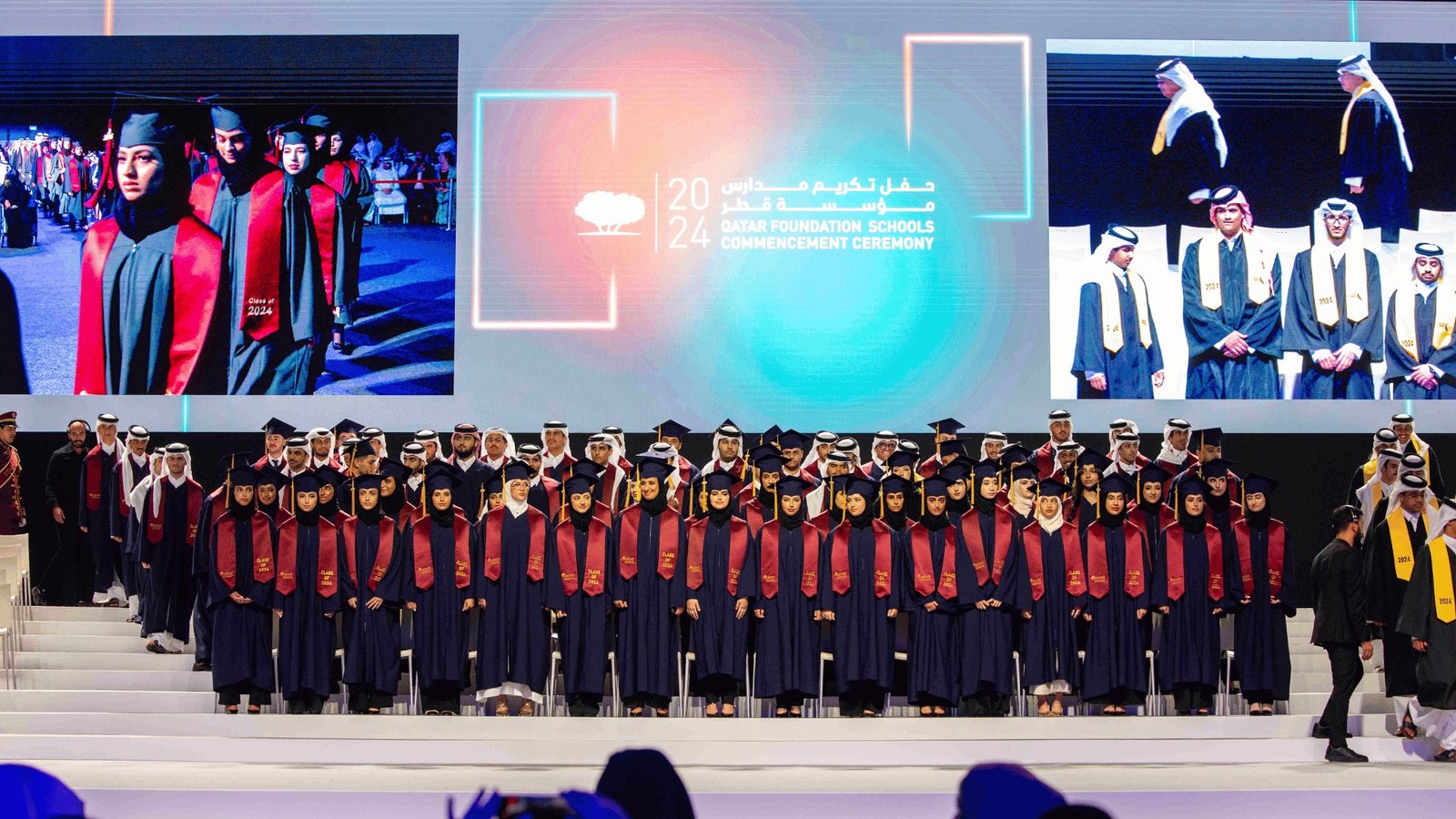
The ceremony honored 290 graduates from seven schools under Qatar Foundation’...
Jun 04, 2024
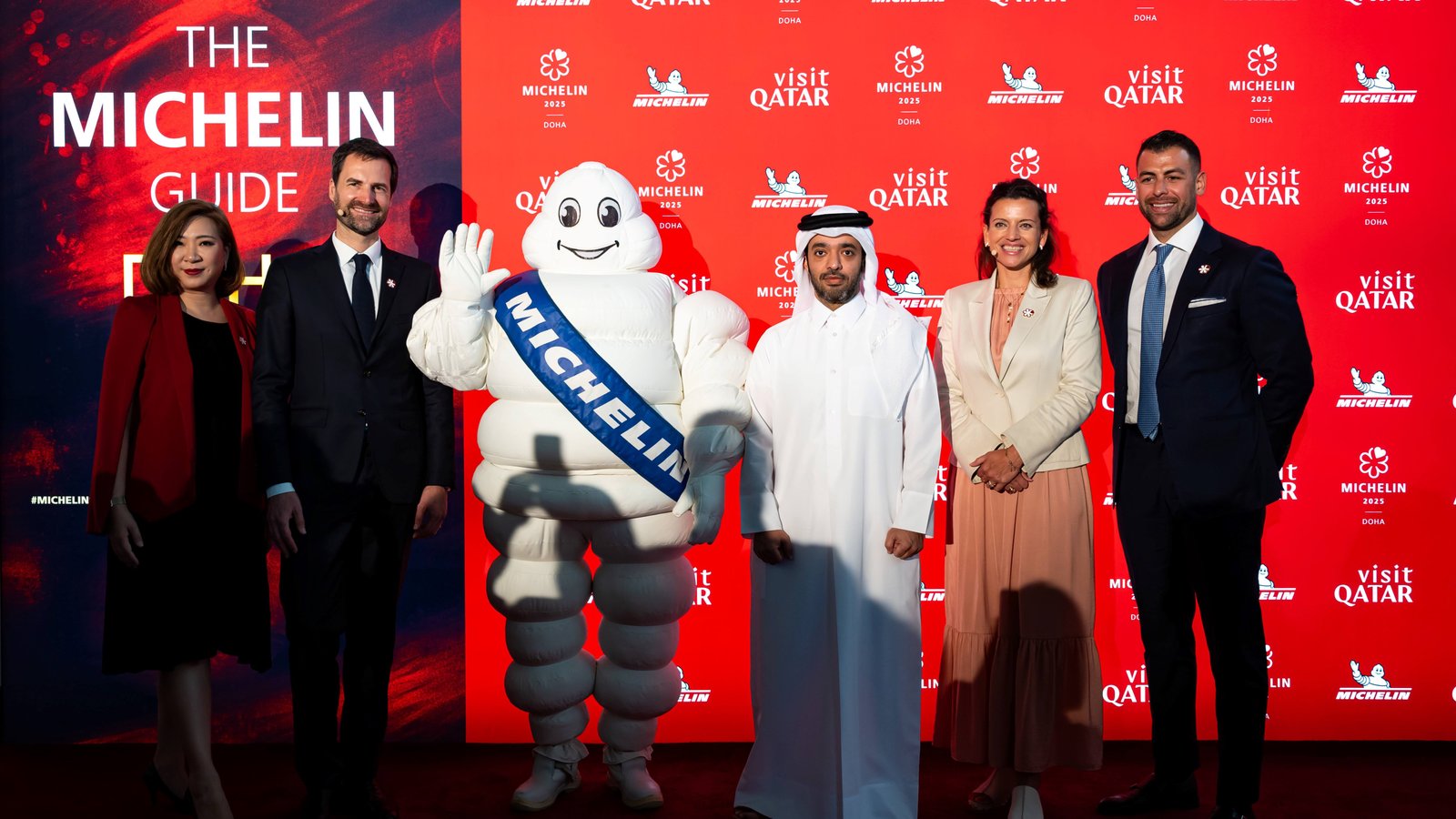
The MICHELIN Guide announced its arrival in Doha, Qatar for an upcoming 2025...
Jun 04, 2024
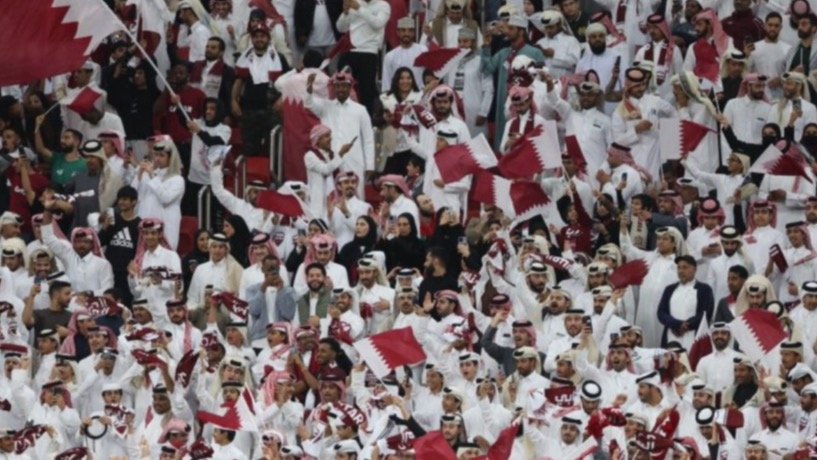
52nd Amir Cup Final Tickets: May 24, 2024, Education City Stadium.
May 20, 2024
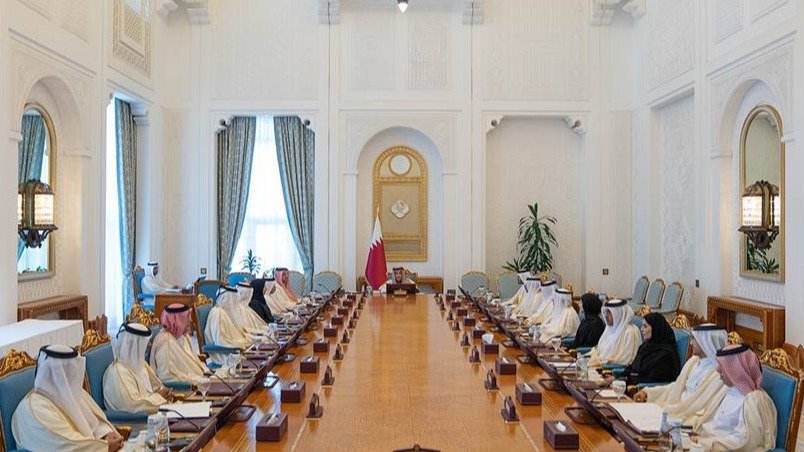
Qatar Cabinet approved a proposal to allow children to enroll in kindergarten...
May 23, 2024
